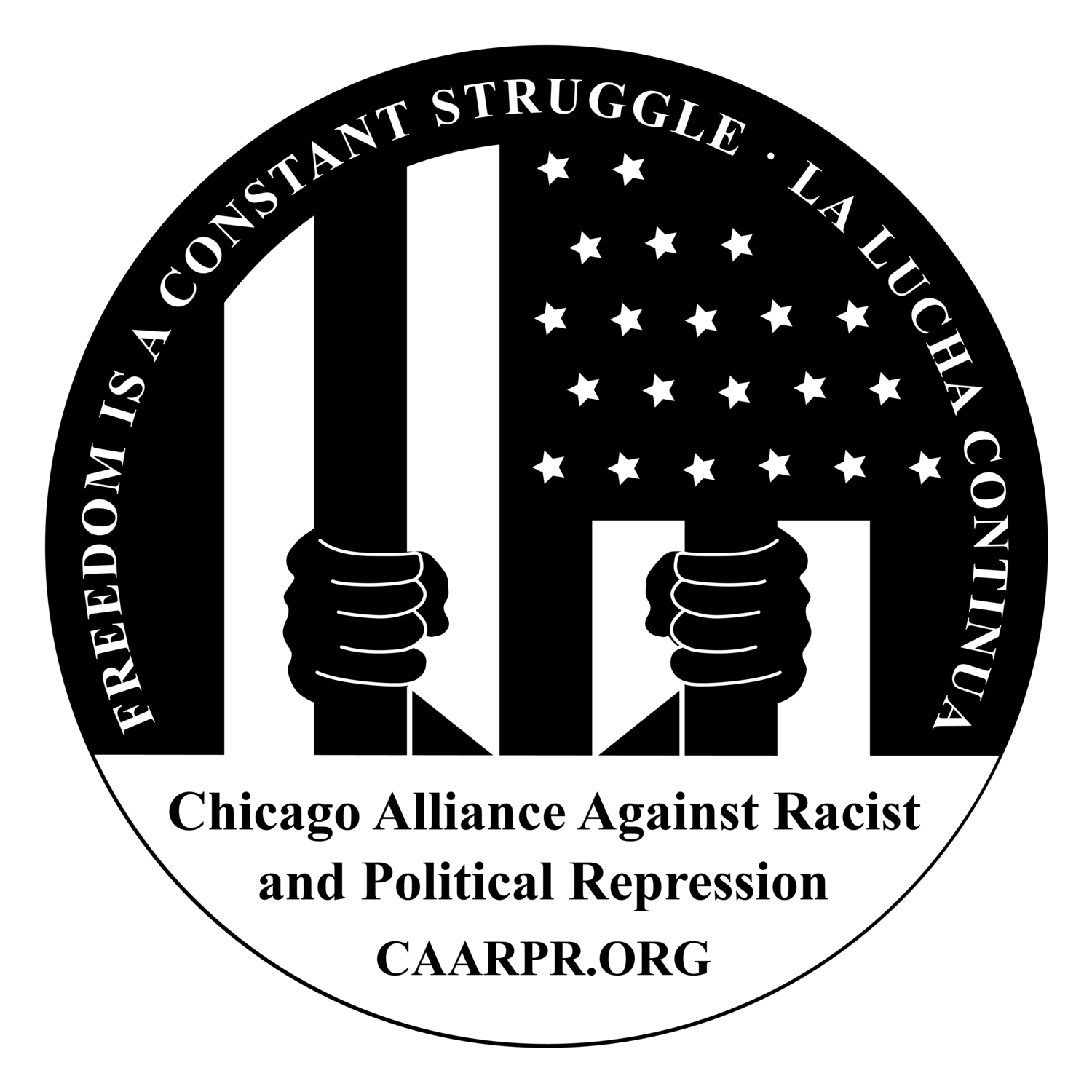SURVIVOR STORIES
VINCENT WADE
Vincent Wade was arrested around 6 p.m. on August 13, 1984 for the home invasion and murder of Tyrone Tolliver on August 9. According to Tolliver’s girlfriend Melba Martin, who witnessed the crime, Wade and an accomplice, Michael Lynch, entered the home and asked about a “stash,” as they believed Tolliver was a cocaine dealer. Martin testified she was set free and, upon leaving, heard a gunshot. Police later found Tolliver shot and stabbed several times on the bathroom floor and bound at the hands and feet. Lynch was found in California a couple of years after the crime and was brought to Chicago for trial.
Wade was brought to Area 2 of the Chicago Police Department where he was tortured until 12:45 a.m. on August 15. According to Wade, who was just 15 at the time, he was interrogated by Detectives Michael Hoke, Frank Glynn, George Karl and John Paladino. On the way to Area 2, Wade was beaten by one of the detectives the entire way. Once at Area 2, Wade was not given access to a lawyer, and was beaten more. He was struck multiple times in the eye and stomach, kneed in the groin, repeatedly struck with a “baton-like stick” on his chest after a large phonebook was placed over it, and struck in the nose with a flashlight. As a result of this abuse, Wade signed a written confession to the crimes.
On August 16, 1984, Wade gave a written statement to the Office of Professional Standards (OPS) providing a detailed account of his abuse at Area 2, and while he did not know the names of the detectives at the time, he gave a description of them. The OPS concluded in 1992 that, after an internal investigation, there was sufficient evidence of systematic abuse at Area 2 for over 10 years.
Three photos were introduced as evidence of the abuse taken two days after Wade’s arrest which showed a mark under one of his eyes as well as a cut on Wade’s nose. While Detective Hoke testified that the mark under Wade’s eye was due to him falling during his arrest, he was unable to determine where the cut on his nose came from and claimed it also happened due to a “scuffle during the course of the arrest”. The TIRC determined this claim to be contrary to the claim that the mark under Wade’s eye was the only injury, thus the TIRC found this to corroborate Wade’s claims of physical abuse. Although Wade filed a motion to suppress his confession, it was denied. He was subsequently found guilty, almost entirely based on his confession, and sentenced to life in prison for the murder.
There are several allegations of torture made by other victims against three of the detectives who interrogated Wade. There are 24 other cases of torture against John Paladino, and both Frank Glynn and Michael Hoke have each been accused of physical abuse in four cases Each of the detectives claimed their Fifth Amendment rights regarding these cases, which isn’t an admission of guilt, however it does not help the credibility of the detectives.
Among the 24 other accusations made against detective Paladino, several of them noted similar forms of abuse that Wade experienced, such as being beaten with a flashlight, being hit in the chest, and being threatened. Furthermore, several of Paladino’s victims were also quite young – one of them as young as 13. Michael Hoke often interrogated with Jon Burge, such as in the case of George Powell, who was repeatedly shocked, “bagged” and beaten by Hoke and Burge. Wade’s claims are strikingly similar to those of other victims of abuse at the hands of the detectives. Specifically, when Detective Hoke placed a phonebook over Wade’s chest and beat him with a baton-like stick. This is similar to two other TIRC cases, those of George Anderson and Ivan Smith.
Wade has made several appeals to the courts to have his confession suppressed and his sentence changed, but these have been unsuccessful. On June 28, 1989, Wade filed an appeal that he did not in fact deliver the wounds that killed Tolliver, and that he should not receive life imprisonment for the crime. Judge David Cerda of the Appellate Court, denied this motion, affirming the courts original judgement, finding Wade’s arguments to be insufficient to yield review. Another motion was on March 12, 2014, where he appealed to judge Paul Biebel under the Post-Conviction Hearing Act. The motion was denied because not all requirements were met to present a valid claim under the Act.
The Torture Commission concluded that there was substantial evidence of torture. This is based on several factors, including Wade’s consistency over the years in his claims of abuse, the striking similarity between Wade’s statement and others who suffered similar abuse at the hands of the detectives at Area 2. Furthermore, Wade’s statement to the OPS is consistent with their findings of abuse at Area 2, the dozens of other accusations against the detectives that interrogated Wade are largely consistent with those of Wade himself and finally, the fact that the detectives who interrogated Wade all invoked their Fifth Amendment rights speak to their lack of credibility.

